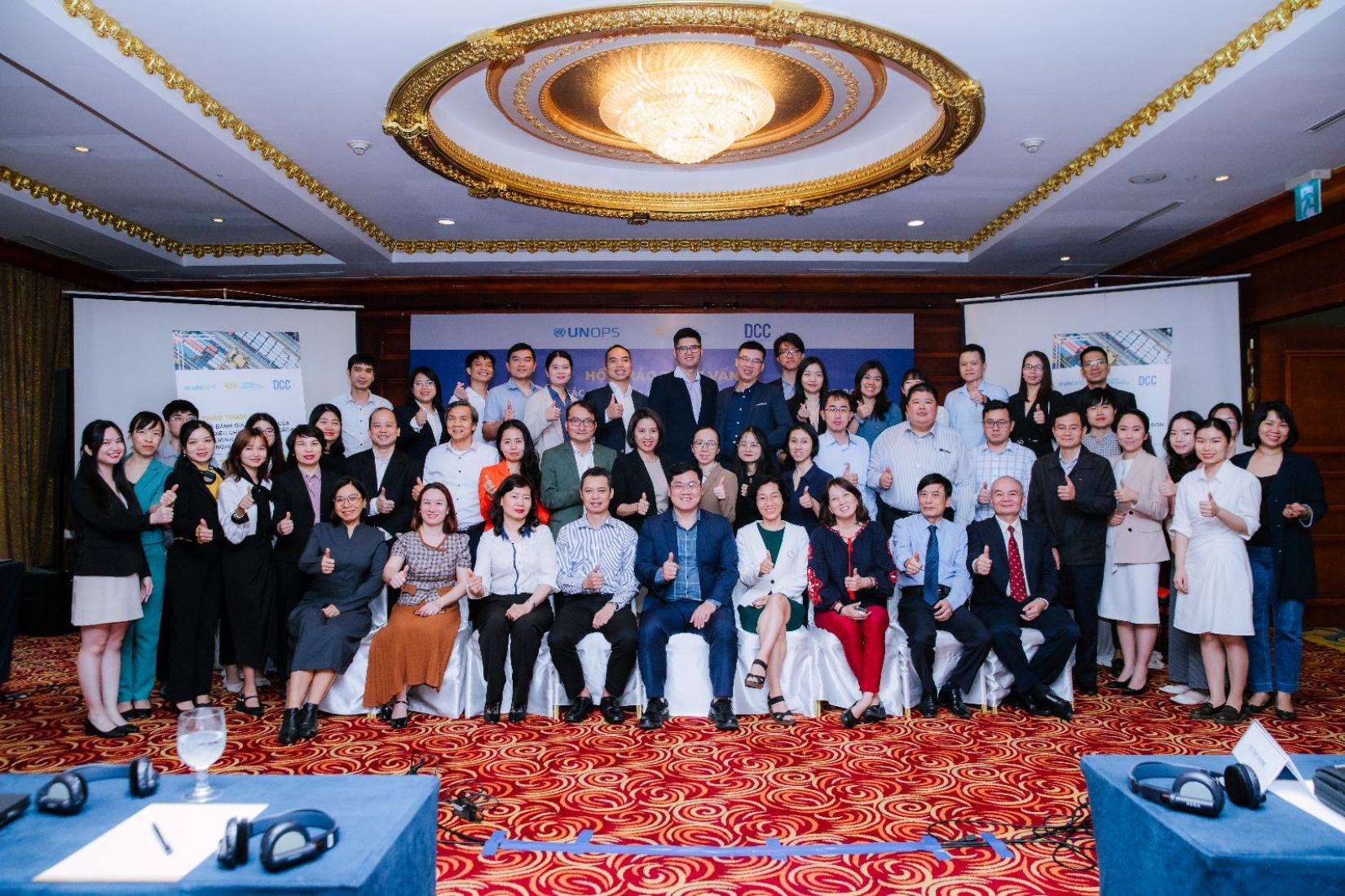UN Supports Vietnamese Producers Impacted by the EU's Carbon Border Adjustment Mechanism
25 April 2023

Vietnamese producers in high-carbon industries such as iron and steel, aluminium, and cement are set to be impacted by the European Union's Carbon Border Adjustment Mechanism (CBAM), following revisions by the EU and European Parliament in February.
All 27 EU member countries are expected to begin piloting CBAM in October 2023, with the aim of ensuring a level playing field for European businesses facing carbon prices by imposing a carbon border tax on imports from countries that do not apply equivalent carbon pricing measures.
CBAM will have a direct impact on Vietnamese producers who export to the EU, as exporters will need to ensure that their products meet the corresponding tax rate set on EU manufacturers.
Initially, CBAM will apply to imported goods such as steel, cement, fertiliser, aluminium, electricity, and hydrogen, which are sectors with a high risk of carbon leakage and high carbon emissions.
To support this transition, the UNOPS-managed Energy Transition Partnership (ETP) conducted a consultation workshop for the CBAM impact assessment report on Viet Nam and held a workshop in Ha Noi. The aim of the workshop was to gather feedback and ideas on how Viet Nam can reduce the adverse effects and increase the advantages of the EU's CBAM for energy transition, climate change mitigation, and low-carbon development in Viet Nam. 70 people attended in person, including representatives from governmental agencies and ministries such as MOF, MOIT, MONRE/DCC (Department of Climate Change) and MOC while an additional 110 joined online.
Sirpa Jarvenpaa, the Director of the Southeast Asia Energy Transition Partnership (ETP) Project, emphasised the significance of CBAM for Viet Nam, which is a major exporter to the EU by saying: "The results of the impact assessment of the CBAM provide a comprehensive view of the difficulties and policies affecting Viet Nam and how CBAM contributes to the energy transition to help Vietnam reduce carbon emissions".
Across Southeast Asia, at the regional, national and local levels, the ETP Project ambitiously pursues energy transition. Through engaging private and public partners, the project aims to drive change at policy, fiscal and technology levels. This includes expanding financing for investment in renewable energy, energy efficiency and sustainable resilient infrastructures to deliver joint action.
The implementation of CBAM highlights the global importance of reducing greenhouse gas emissions. To remain competitive in the global marketplace, businesses must take action to reduce their carbon footprint. UNOPS through the ETP supports Vietnamese businesses to prepare and adapt to greener production.
ENDS
Notes to the editors:
Contact Details: Toan Do (toand@unops.org) / Thuy NGUYEN: thuyn@unops.org)
About ETP
The Southeast Asia Energy Transition Partnership (ETP) is a multi-donor regional platform, managed by the United Nations Office for Project Services (UNOPS), that supports the Philippines, Viet Nam, and Indonesia’s transition towards modern energy systems that can simultaneously ensure economic growth, energy security, and environmental sustainability.
About UNOPS
UNOPS's mission is to help people build better lives and countries achieve peace and sustainable development. We help the United Nations, governments and other partners to manage projects, and deliver sustainable infrastructure and procurement in an efficient way. Read more: www.unops.org

